Replacing multiple teeth through implant dentistry involves using implant-supported bridges, partial dentures, or full arch systems like All-on-4 to restore chewing, speech, and appearance. These treatments provide stability, prevent bone loss, and last longer than traditional dentures or bridges. The best choice depends on your jawbone density, number of missing teeth, and budget, and Buford Dentist offers tailored solutions for every case.
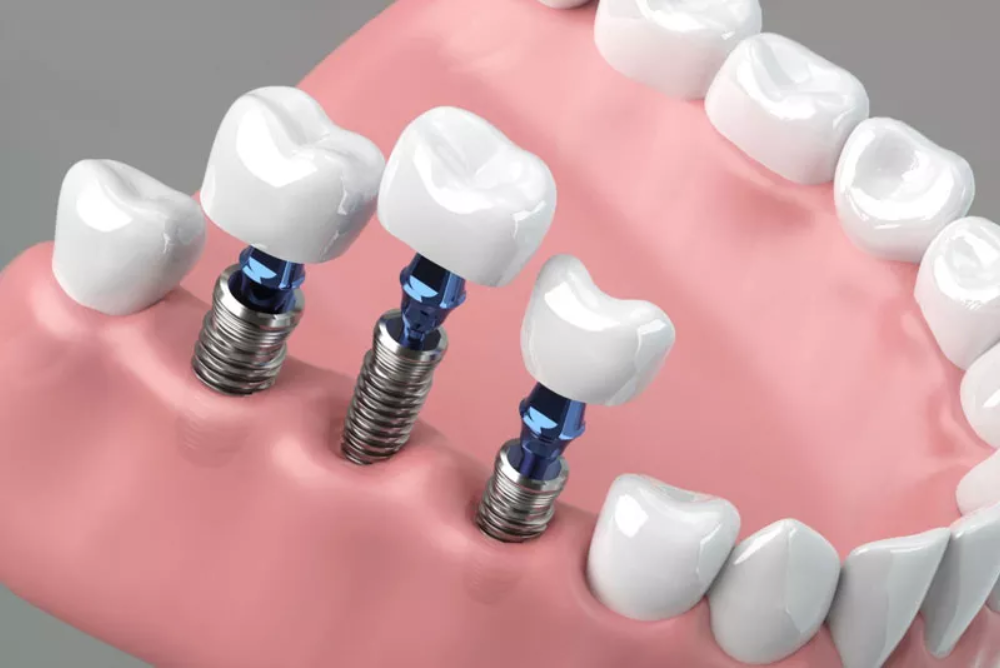
Losing several teeth affects chewing, speech, and confidence. Traditional bridges and dentures only restore appearance, but they do not prevent bone loss. Implant dentistry replaces teeth below the gumline, keeping the jawbone strong and stable. Patients regain the ability to eat a full diet, speak clearly, and maintain facial structure.
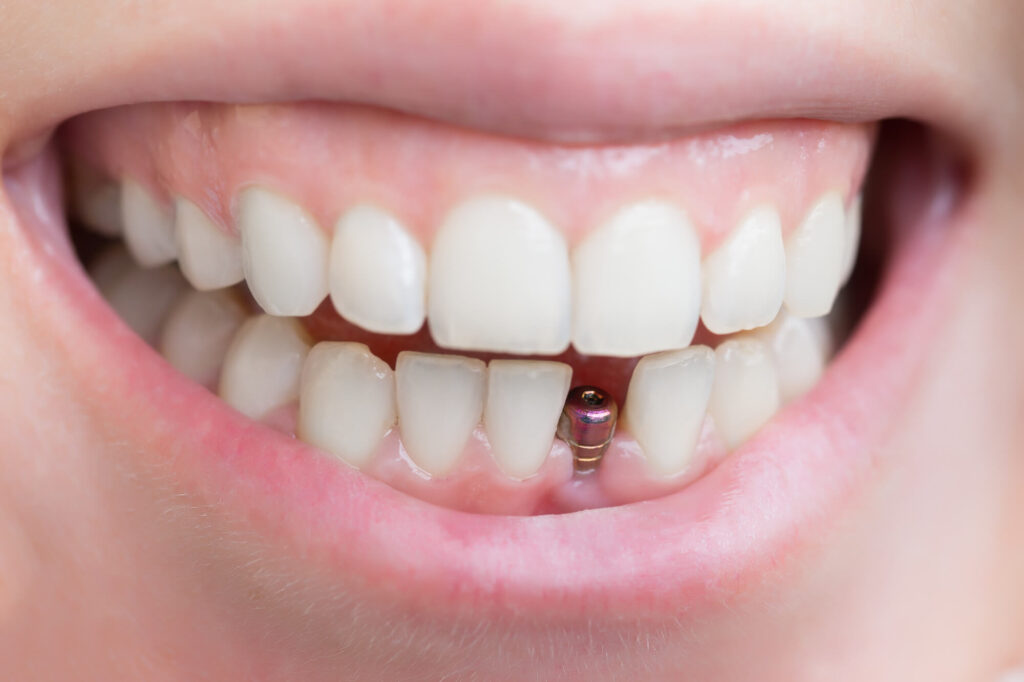
For a complete Dental Implants Overview, it’s important to understand that implants are titanium or zirconia posts placed in the jawbone to act as artificial tooth roots. They support prosthetic teeth like crowns, bridges, or dentures.
Key components:
Titanium remains the most common due to strength and long-term studies. Zirconia offers a metal-free option for patients with sensitivity concerns.
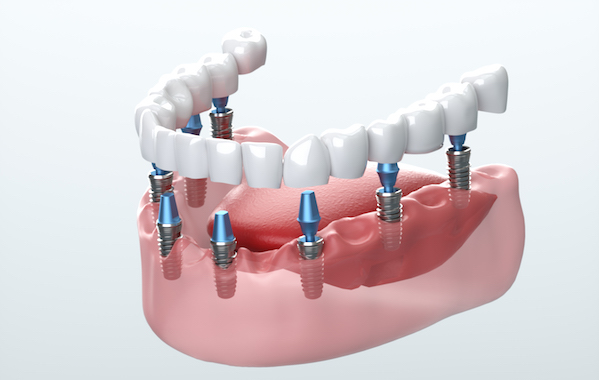
The number of implants depends on how many teeth are missing and where.
Dentists assess bone quality and spacing before deciding the best layout.
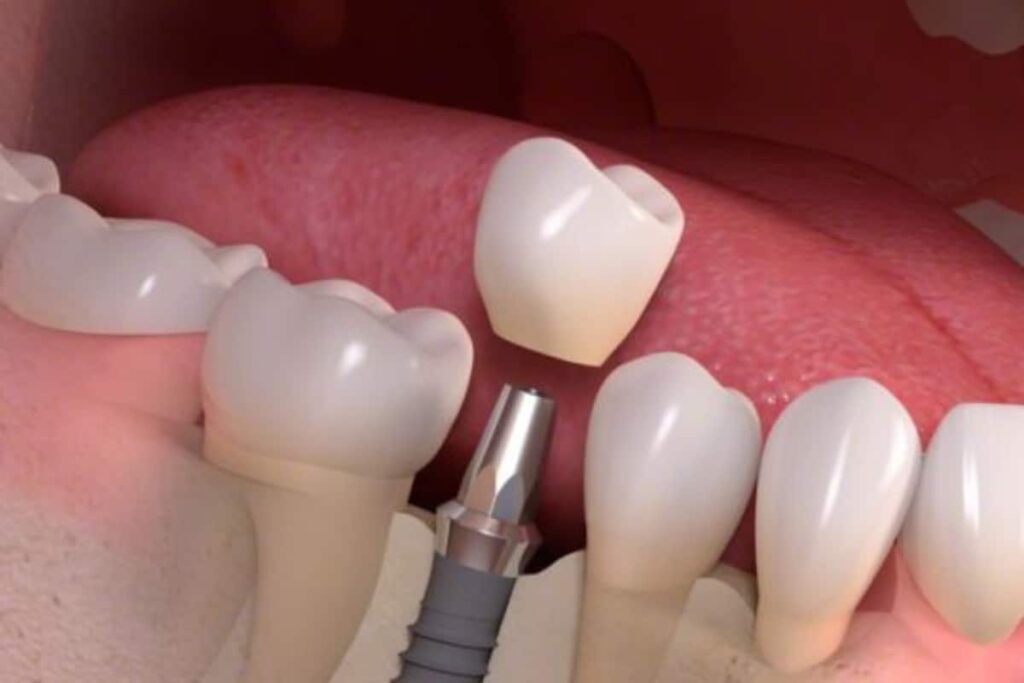
Not every patient qualifies immediately. The dentist evaluates candidacy carefully, and patients often ask, Am I a Candidate for Dental Implants? Factors like jawbone density, overall health, and oral hygiene play a major role in determining eligibility.
Buford Dentist uses advanced imaging to ensure proper planning before surgery.
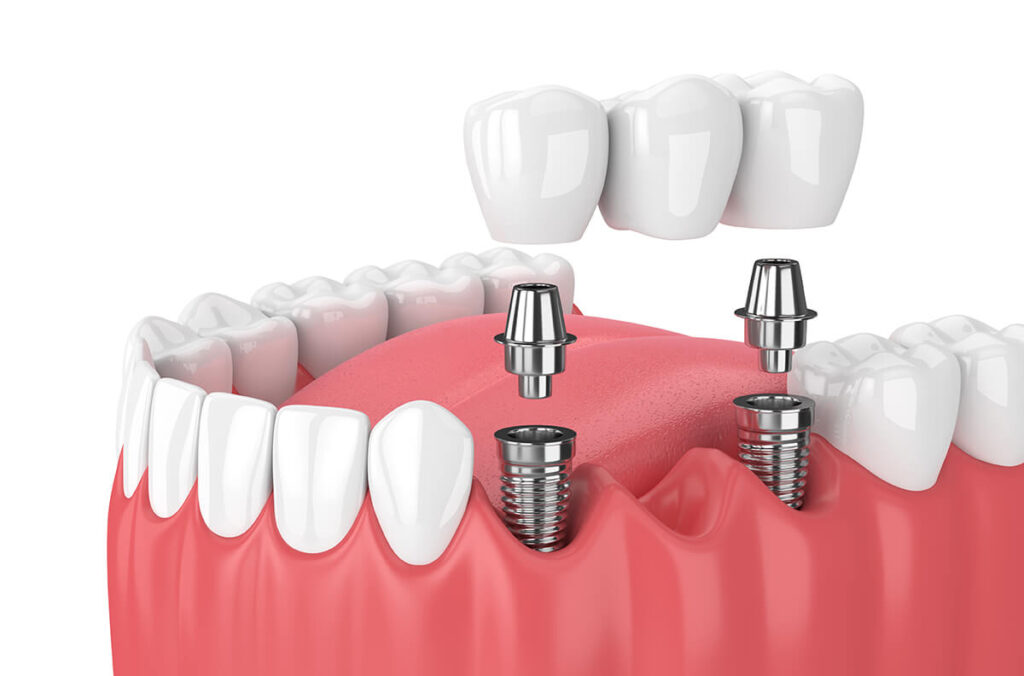
Among the Options for Replacing Missing Tooth, an implant-supported bridge is one of the most reliable because it replaces several consecutive missing teeth with fewer implants.
Benefits:
Limitations:
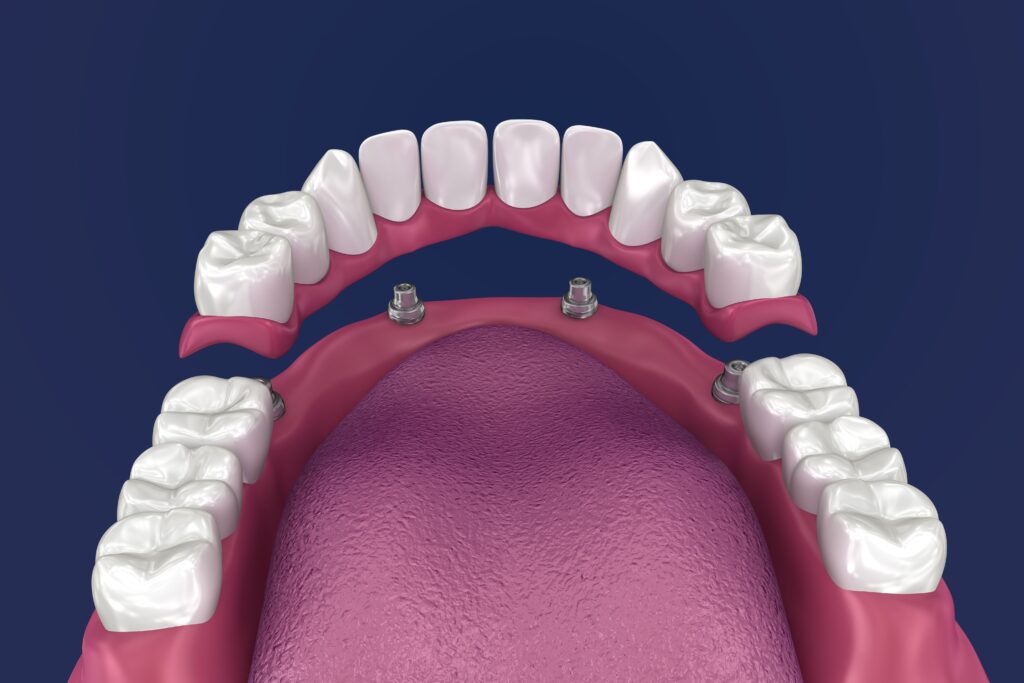
Partial implant dentures provide removable but stable replacements. They snap onto a few implants for improved retention.
Advantages:
Disadvantages:
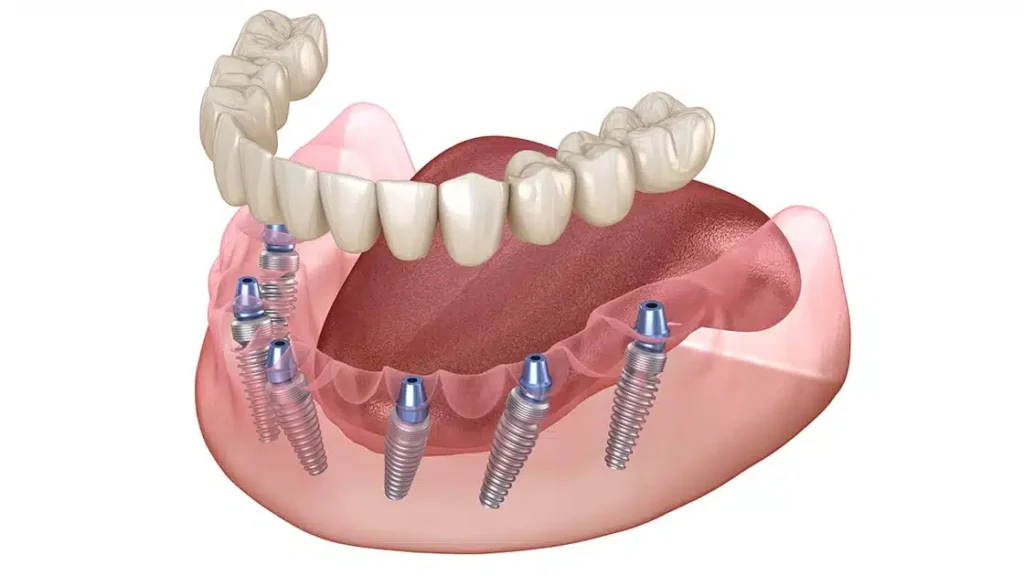
When all teeth in an arch are missing, options include:
Benefits:
Challenges:
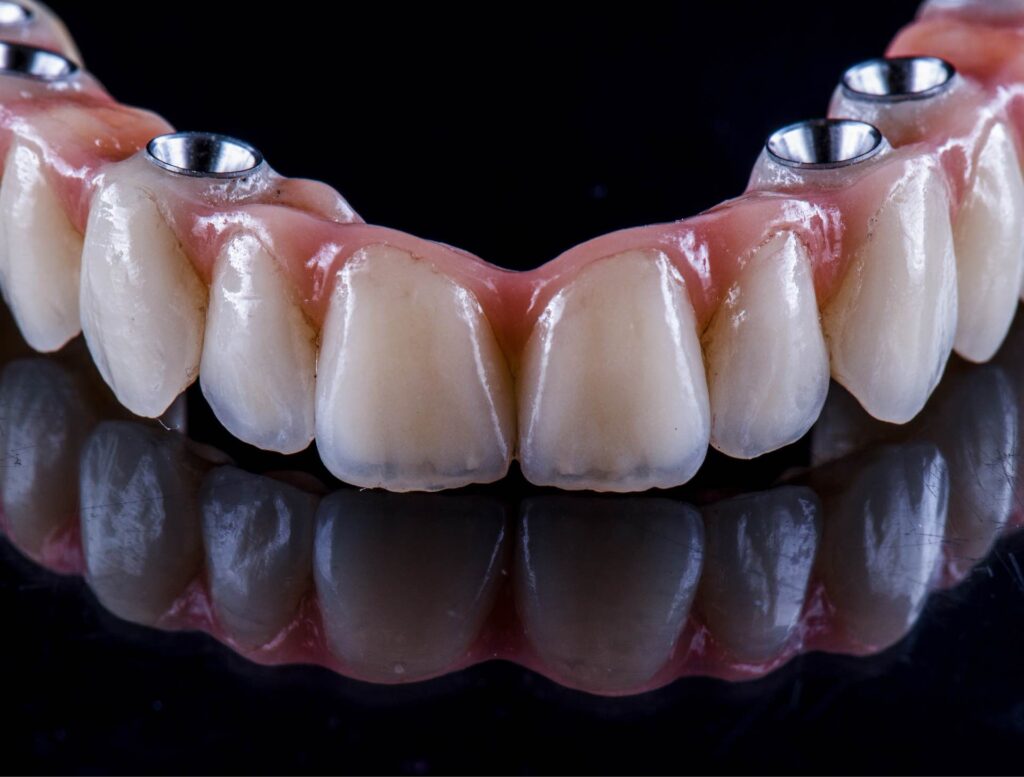
Some patients receive implants and prosthetic teeth on the same day, called immediate loading. Others follow a staged approach where healing occurs first.
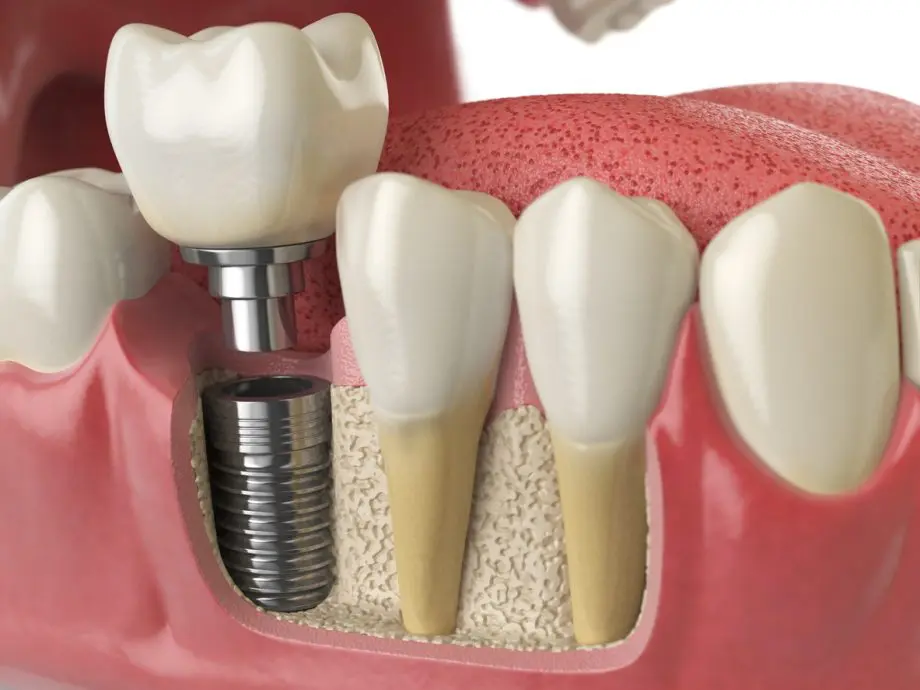
Buford Dentist guides patients through each phase of The Dental Implant Procedure with tailored care, from consultation and surgery to restoration and follow-up.
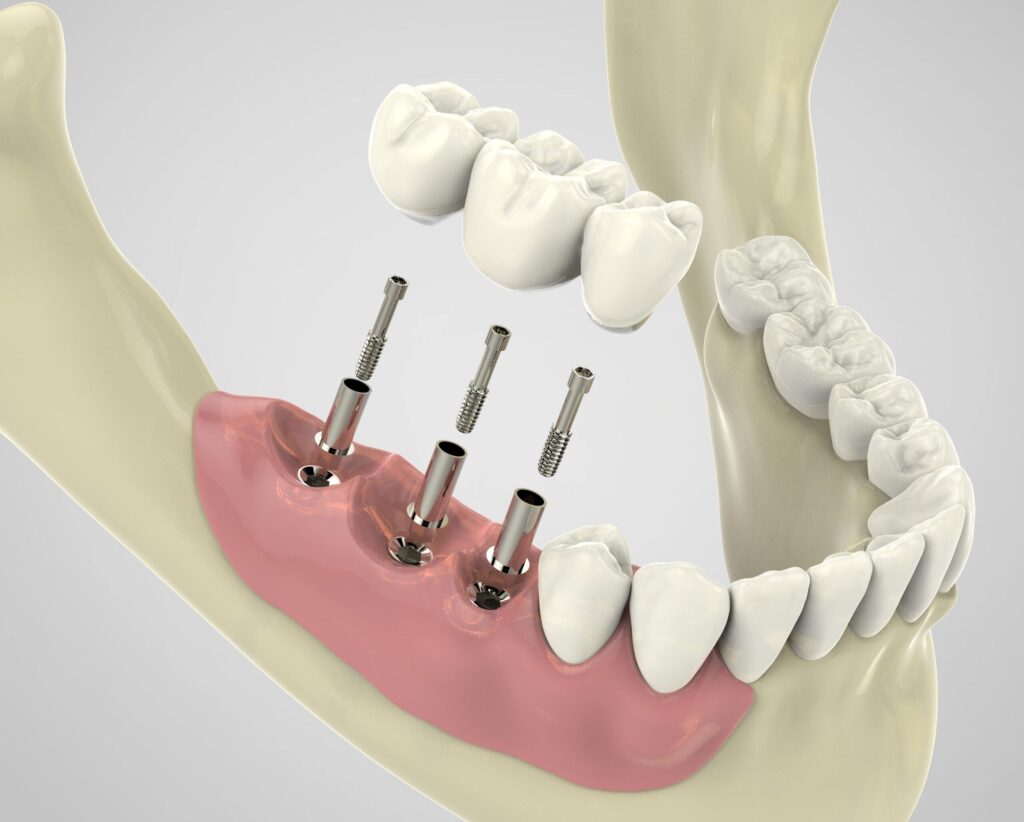
Cost depends on the number of implants, materials, and procedures needed.
Factors that affect price:
Insurance often covers exams and extractions but not full implant procedures. Many Georgia clinics, including Buford Dentist, offer financing and payment plans.
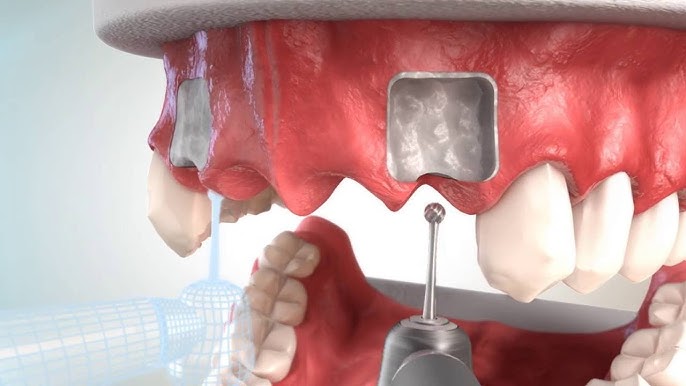
Like any surgery, implant dentistry involves risks.
Prevention steps:
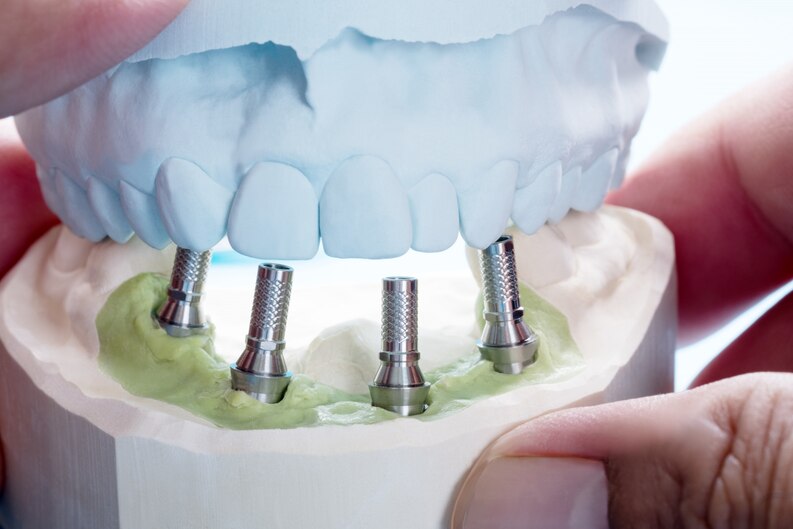
Dental implants last decades with proper care. Patients must:
Following proper Post-Op Care for Dental Implants, survival rates exceed 95 percent after 10 years, making them one of the most predictable treatments in dentistry.
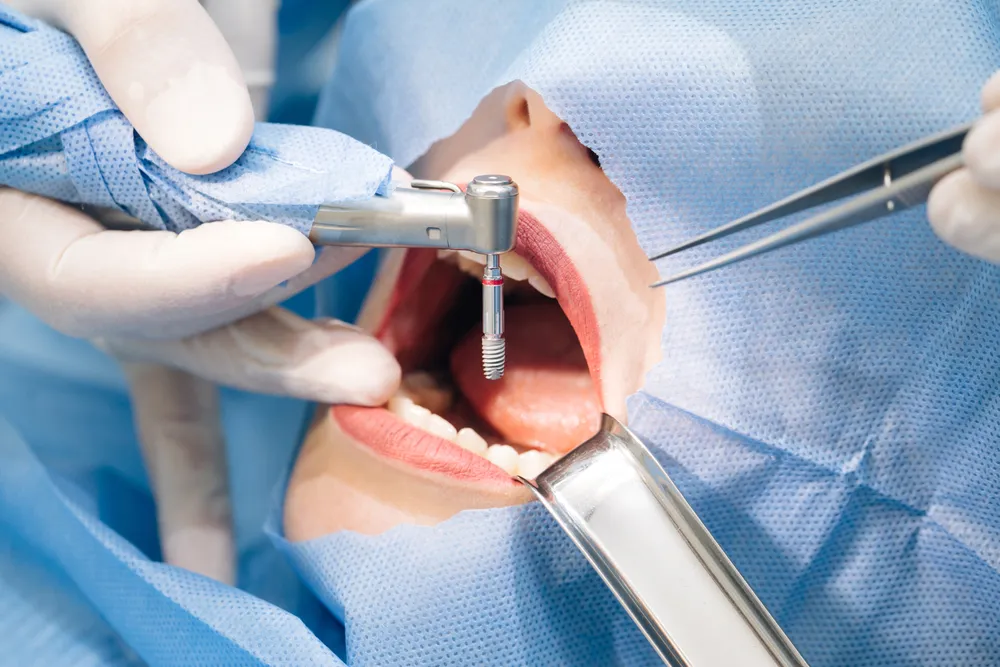
Buford Dentist has restored multiple teeth for many patients in Georgia. Common feedback includes:
Most patients report the process is easier than expected once healing is complete.
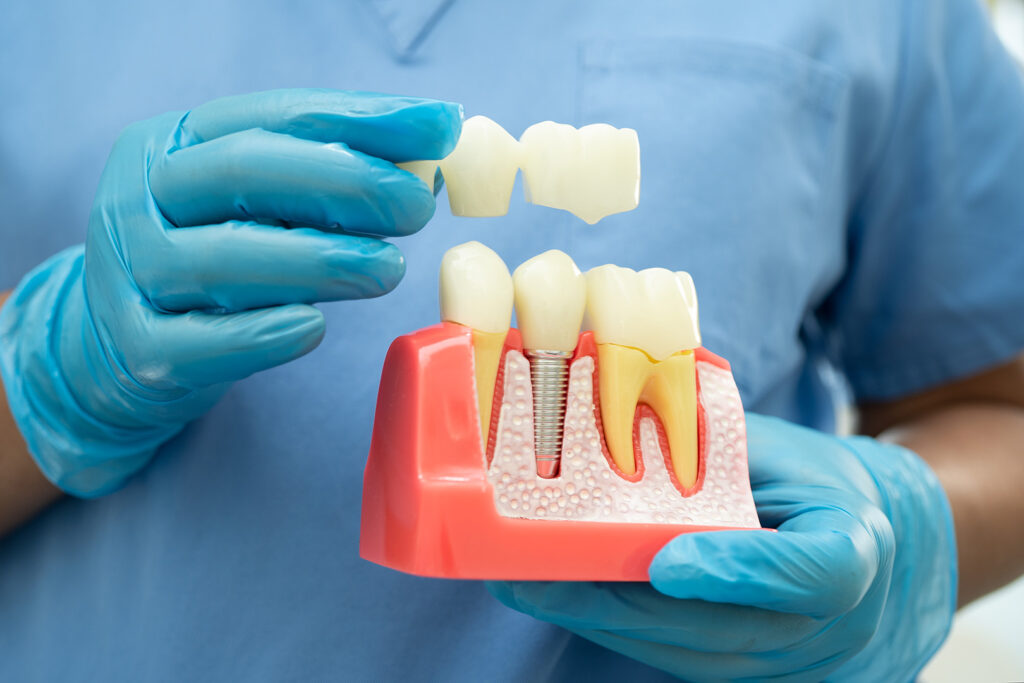
When selecting a dentist, patients should ask:
Buford Dentist provides full consultations and transparent pricing for patients considering implants.
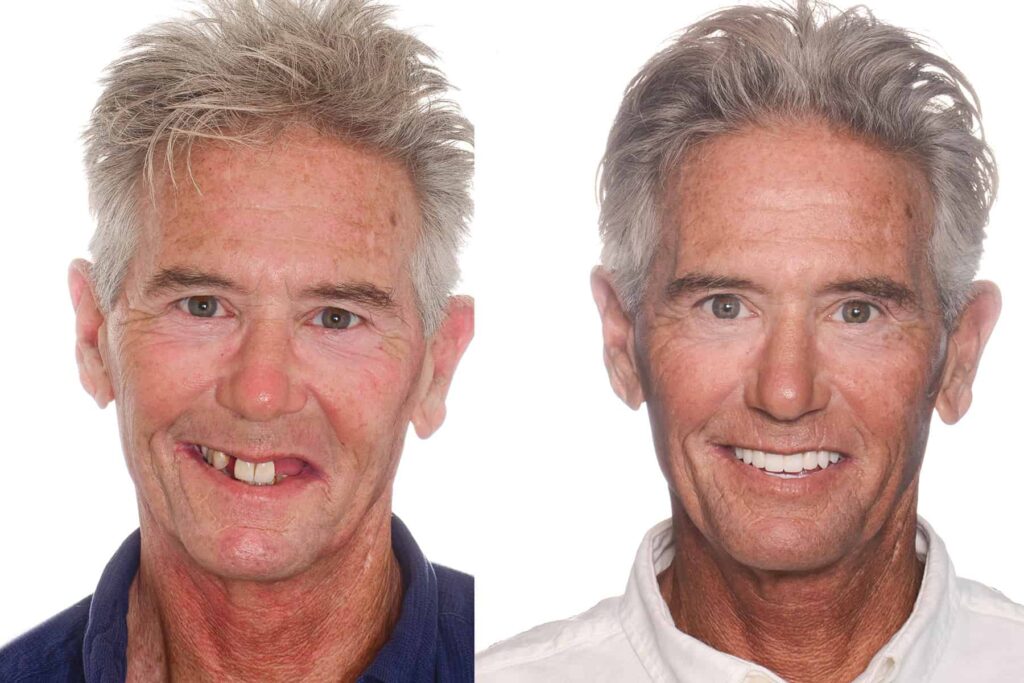
Replacing multiple teeth through implant dentistry restores strength, stability, and aesthetics. Whether with bridges, partial dentures, or full arch solutions, patients regain function and prevent further oral health decline. Buford Dentist combines advanced technology with patient-focused care to ensure successful outcomes.